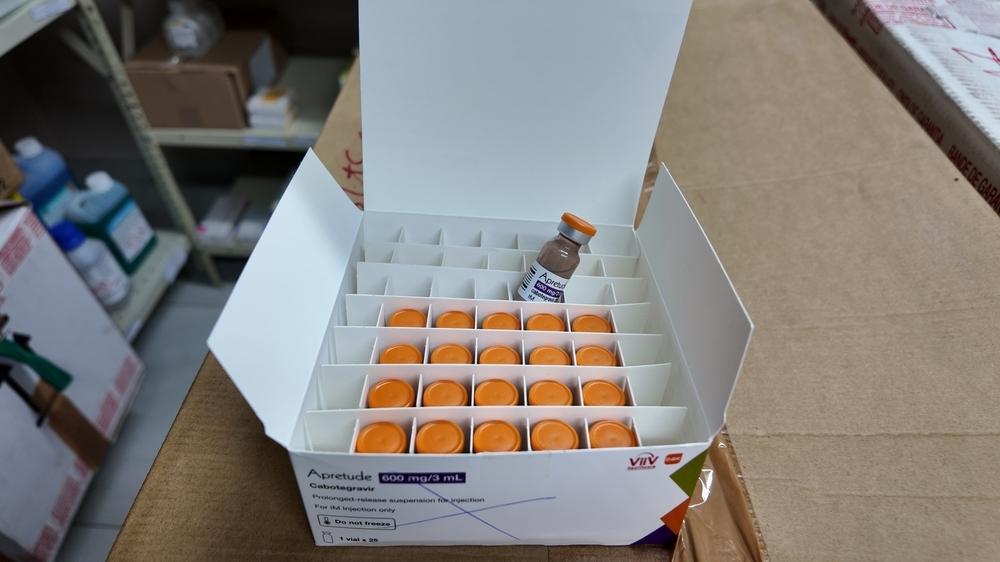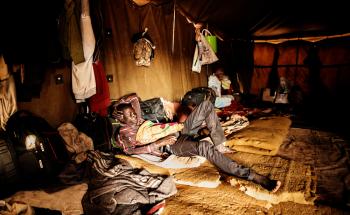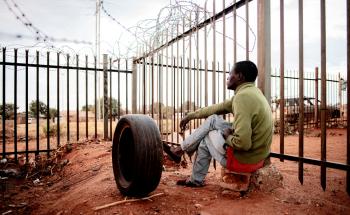MSF welcomes the release of WHO guidelines for ‘game-changing’ HIV prevention drug, lenacapavir, but remains deeply concerned about access, including licensing limitations.
Doctors Without Borders (MSF) welcomes the release of the World Health Organization’s (WHO) HIV prevention guidelines for lenacapavir at the International AIDS Society Conference in Kigali, Rwanda. Lenacapavir has the potential to transform the HIV prevention landscape.
Current medical HIV prevention options include oral pre-exposure prophylaxis (PrEP), the dapivirine vaginal ring and cabotegravir (an injection every two months). Oral PrEP, requiring frequent pill-taking, can be challenging to adhere to, potentially leading to poor effectiveness
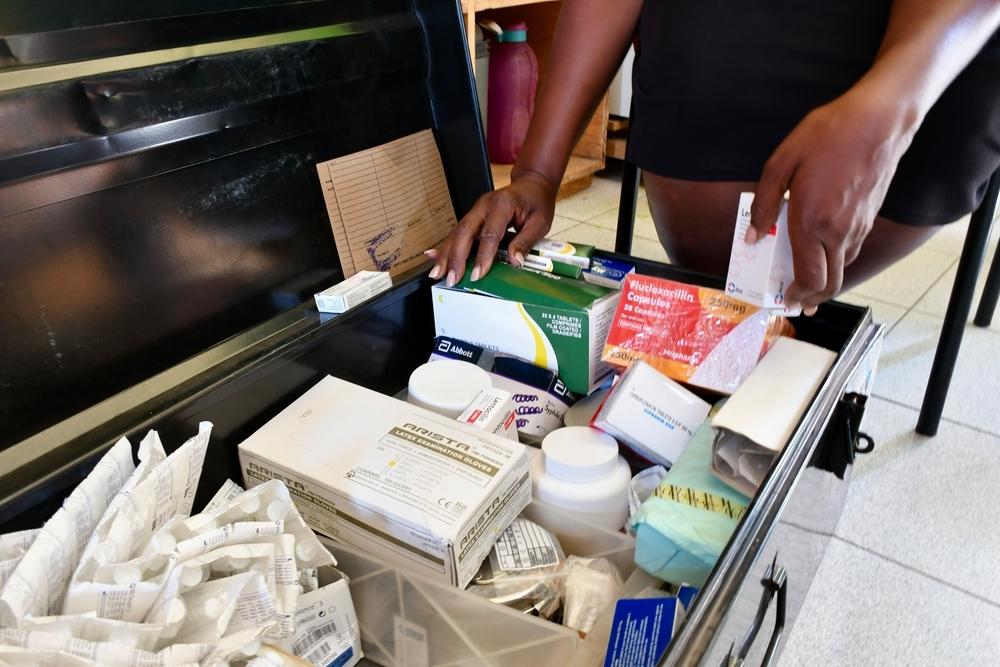
Lenacapavir, on the other hand, requiring only twice-yearly injections, has been proven to be 100% effective in preventing HIV infection among cisgender women and girls, and reduced HIV risk by 96% in a gender-diverse group including cis- and transgender men and non-binary individuals, making it at least 89% more effective than daily oral medicine. The release of the WHO guidelines, ‘Lenacapavir for HIV prevention and testing strategies for long-acting injectable pre-exposure prophylaxis’, therefore, offers a path towards an HIV-free world at this critical period for global health.
MSF is already supporting the rollout of long-acting cabotegravir (CAB-LA) for PrEP in Eswatini, Malawi, Mozambique, and Zimbabwe, and offers other forms of PrEP (oral and ring) as well as broader HIV prevention strategies in many regions, including countries in Africa and Latin America. Expanding the range of available tools, such as by including lenacapavir, is a key priority; however, as individual choice and agency are central tenets of HIV prevention, one by which MSF operates.
However, the current patent licensing agreement signed by lenacapavir’s developer, Gilead Sciences (Gilead), includes restrictive conditions that hinder access to generic lenacapavir in countries excluded from the license. These conditions further restrict the scope of generic competition at the global level and limit broader access to more affordable generic options of this groundbreaking tool.
Lenacapavir is the kind of innovation that can be transformative, but only if it is ultimately accessible to communities in low- and middle-income countries that most need it.Dr Antonio Flores, Senior HIV/TB Advisor for MSF Southern Africa Medical Unit (SAMU)
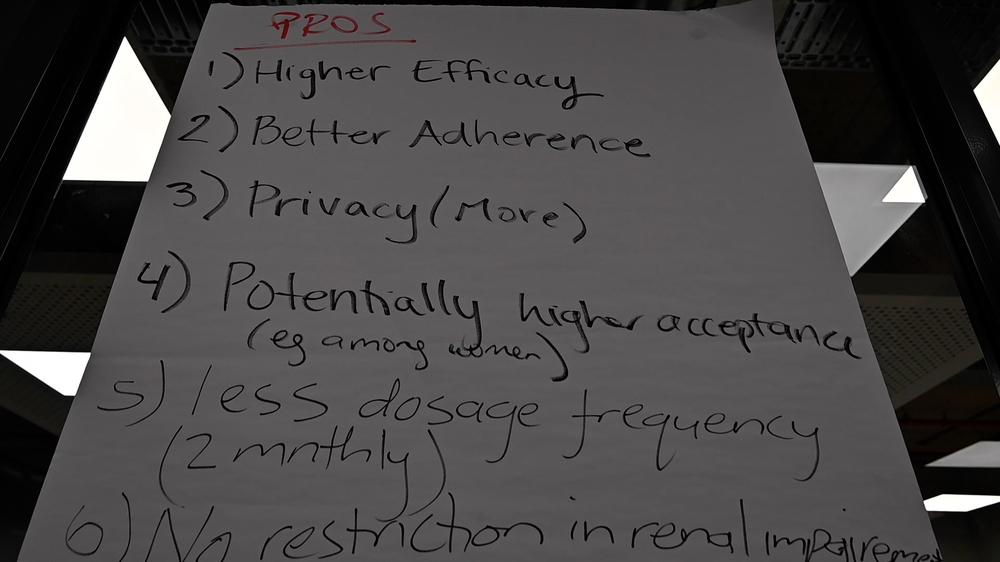
“Lenacapavir is the kind of innovation that can be transformative, but only if it is ultimately accessible to communities in low- and middle-income countries that most need it. Because it requires only two injections a year, it offers an unprecedented advantage: longer protection and better adherence. For marginalised and criminalised communities, who are at high risk of getting HIV but face major obstacles in taking daily pills due to stigma, lenacapavir could be revolutionary.
MSF works with these communities across many of its projects and if Gilead made lenacapavir more affordable for people in low and middle-income countries (LMICs), there’s no question we and other partners would offer it,” says Dr Antonio Flores, Senior HIV/TB Advisor for MSF Southern Africa Medical Unit (SAMU).
While MSF welcomes the recent strategic partnership agreement between Gilead and the Global Fund to Fight AIDS, TB and Malaria (the Global Fund), the agreed pricing and supply needs to be transparent to facilitate negotiations for affordable, sustainable access to this critical HIV prevention tool outside of the Global Fund agreement.
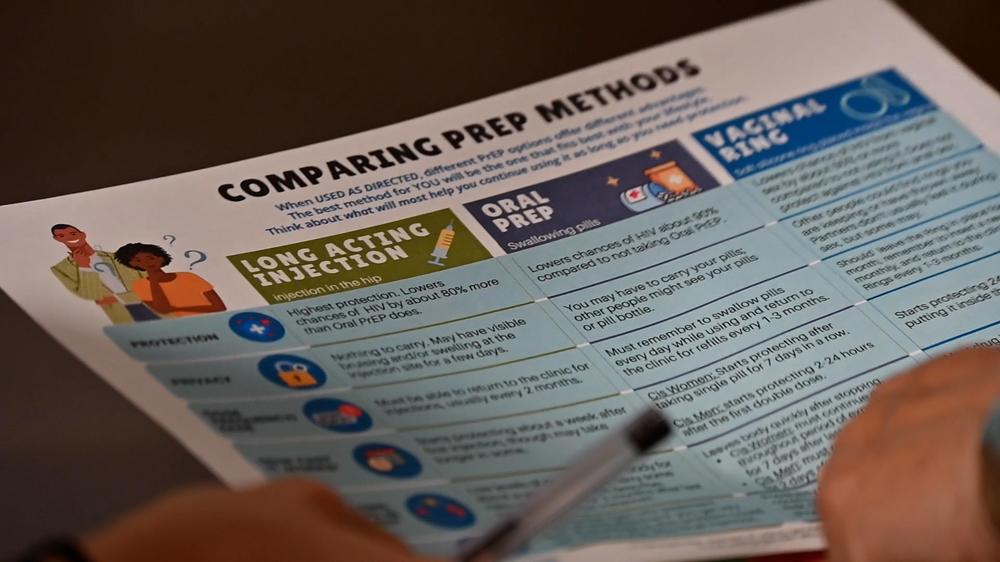
Recent studies have shown that with sufficient demand and additional competition, generic versions of lenacapavir could be produced at about US$40 (R717.436) a year, which is comparable to current prices for oral PrEP. Gilead has not made price information for LMICs publicly available.
The price offered in the US market is US$42,250 (R757,792) per year for treatment and $28,218 (R506,115) for PrEP. Global health funding cuts, massively impacting on HIV prevention services for key populations and vulnerable communities, threaten the ability of programmes to buy lenacapavir.
While the Global Fund has a stated aim of reaching 2 million people with lenacapavir, this would represent only a fraction of the missed UNAIDS target of 21 million by 2025, and the organisation is itself facing major funding shortfalls. Funding gaps, the removal of restrictive licensing conditions and facilitating generic competition must all be addressed to ensure larger communities can be reached with lenacapavir. This would subsequently drive down the price of the drug and allow for its greatest possible use.
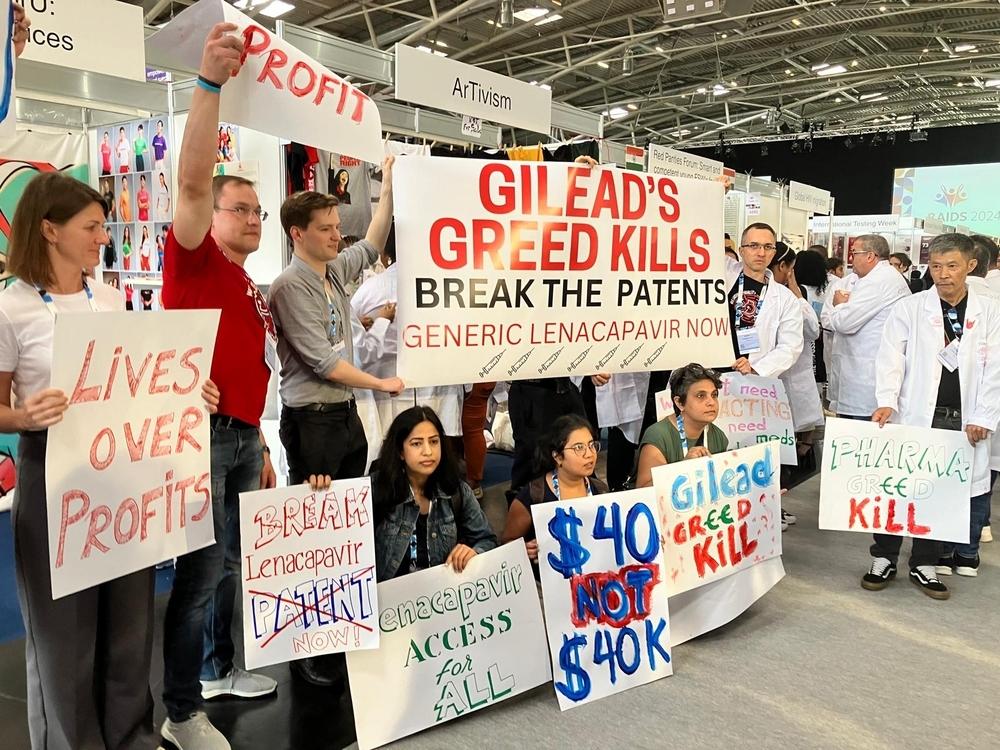
“Gilead is paying lip service to equity and access while imposing restrictions on potential generic producers that will minimise scale-up of this game-changing drug while protecting and maximising its profits.
We call on the US pharmaceutical corporation to remove its licensing roadblocks to ensure that the drug reaches its full potential impact in reversing the HIV epidemic. At the same time, we call for governments and global health donors to commit further funding to enable and sustain procurement and distribution of lenacapavir for those most at risk of HIV acquisition through the development of affordable and sustainable generic markets,” Says Dr. Tom Ellman, MSF SAMU Director.
